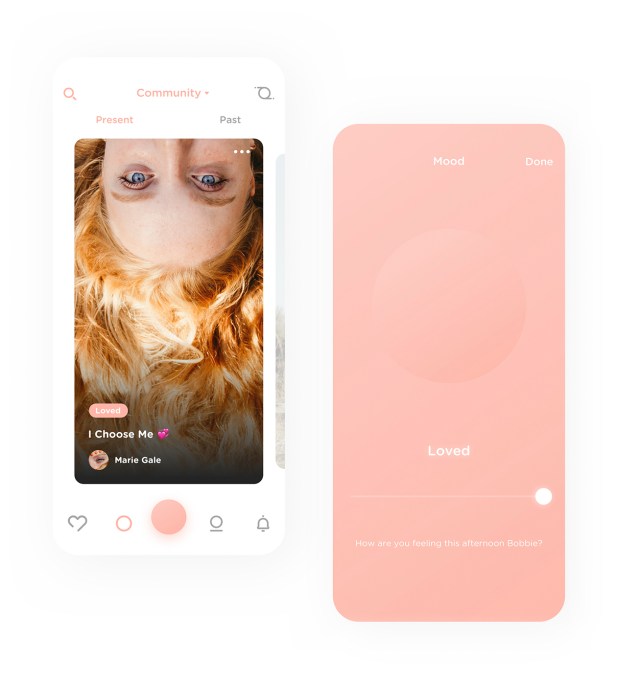There have been countless studies about the damaging effects of social media on mental health, particularly on teens.
And yet, most of us just can’t quit social networking. Even if it makes us feel bad about ourselves.
The constant comparisons of our lives to the highlight reels that people post on Facebook and Instagram is ridiculously lopsided since the majority of those platforms’ users don’t post unflattering photos of themselves, or share their sad or bad news with others.
Enter Inpathy, a new kind of social network — a “healthy” one. Ziarekenya Smith founded the company in 2015 with a mission to revolutionize how people use social media “by making it more transparent, normalizing moods, and recreating the human experience.” The end goal is to bring more wellness to the social network world.
Smith started his career in digital art and design. Despite early success, he didn’t feel the work was as personally fulfilling as he’d hoped. He began to feel symptoms of anxiety and depression and found himself wanting to express those feelings on social media. But he stopped himself.
“The unwritten rules of social are that if life isn’t perfect, you don’t talk about it,” Smith recalls. “So I kept my feelings to myself. But I asked myself — why was that the case?”
The concept for Detroit-based Inpathy was born from the pain and struggle he felt. It was also born out of Smith’s belief that the current social media structure is not sustainable in the long term.
“It’s great for making money but not great for true human well-being,” Smith told TechCrunch. “In my eyes, we have to fix the core.”
Inpathy strives to offer a more balanced life experience, not just perfection. It aims to give people room to share their raw feelings, the good, not so good and the bad.
“Everyone’s going to have ups and downs, and you can appreciate someone’s rise more if you see the timeline of their up and down,” Smith says. “We all love the underdog story.”
In a twist, Inpathy’s users share their stories or content not through pictures or the written word, but via audio or video, providing what Smith hopes is an immersive experience.
Inpathy will ask a user how they are feeling and that mood scale is visible to other users, who can even filter by mood, including “angry,” “sad” and “happy.”
“We want to normalize emotion and create a transparent system,” Smith said. “It has to be transparent for us all to be on the same playing field. So people can realize, ‘It’s not just me. This is normal.’”
There are no follow or add buttons. Inpathy allows for two-way communication leading to users becoming “friends.”
“We’re not robots. Whether you are rich or poor, you feel happiness and pain no matter your status,” Smith said. “ This is what human is. Inpathy is showing people it’s ok to be human.”
The site has a low tolerance for trolls and bullies, banning them for life. The thought of someone building up the courage to share something on Inpathy and then get trolled to the point they are scared to open up again prompted the policy.

Image Credits: Inpathy
For now, Smith is raising money through crowdfunding and essentially bootstrapping until he finds the right investor.
“We don’t want to be in the position of feeling like we have to add features just to impress investors,” he said. “Vision is very important.”
“Right now if we look at the social media landscape, we use YouTube for TV, TikTok for shorts, Instagram for photos, Twitter for news and trends, Facebook for entertainment, LinkedIn for business, Headspace for meditation, Tinder for dating,” Smith adds. “But where do you go for the raw experience, and to just be yourself?”
Hopefully Inpathy, if Smith has his way.
